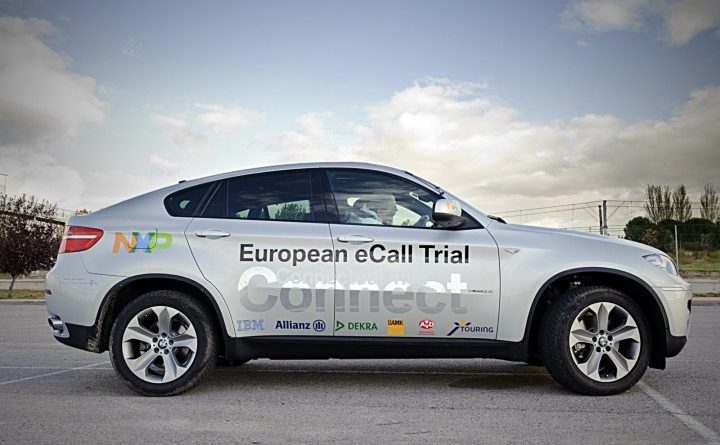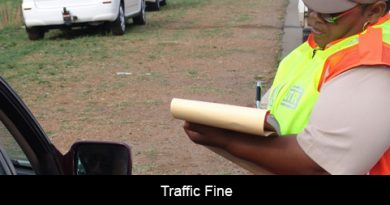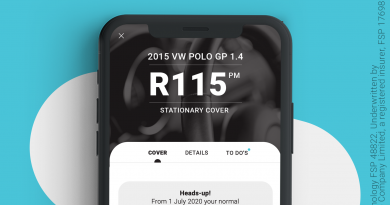eCall devices in vehicles: South Africa should follow suit
The European Parliament voted in favour of eCall regulation which will see all newly manufactured cars to be equipped with eCall technology from April 2018 onwards. South Africa should follow suit to use this type of technology to ensure the safety of all South Africans when providing emergency assistance in the event of accidents.
This is according to Christelle Colman, CEO of Europ Assistance South Africa, who points to the Global Status report on road safety for 2015, released by the World Health Organization (WHO), which reveals that South Africa’s road fatalities rate stands at 25 deaths per 100 00 people*. “While various road laws and regulations are in place, motor vehicle accidents still remain a major issue on the country’s roads. As a result, it is absolutely essential for motorists to have assistance services in place should they be involved in an accident.”
eCall is intended to bring rapid assistance to motorists when they are involved in a collision, she explains. “The device will be installed in all vehicles and it will automatically dial the relevant emergency numbers in the event of an accident. The technology will communicate the vehicle’s exact location to the emergency services. This is extremely valuable especially for accidents where the driver is unconscious or unable to make a call.”
 Another example where eCall could save someone’s life is when the motorist suffers a heart attack or seizure while they are driving, says Colman. “eCall will ensure that emergency services are contacted immediately which in turn will get the injured people the medical assistance they require as soon as possible. In some cases motorists do suffer from heart attacks while driving and the eCall device not only detects motor accidents, but any form of destress and rapidly responds and assists to someone in need.”
Another example where eCall could save someone’s life is when the motorist suffers a heart attack or seizure while they are driving, says Colman. “eCall will ensure that emergency services are contacted immediately which in turn will get the injured people the medical assistance they require as soon as possible. In some cases motorists do suffer from heart attacks while driving and the eCall device not only detects motor accidents, but any form of destress and rapidly responds and assists to someone in need.”
In South Africa, many people unfortunately do not have assistance services in place which exposes them to safety risks when they experience mechanical car failures, especially when stranded in remote areas, she says. “The reality is that people are extremely vulnerable if they are stranded next to the road in South Africa without signal or battery power and eCall technology will ensure that emergency assistance can be contacted via the button that is linked to the car.”
While many insurance providers offer roadside assistance to their clients, not all the vehicles on South African roads are insured. According to Colman, this is why the Government has to step in and put legislation in place that will allow access to these services for all motorists.
“When these European manufactured cars come to the South African market, it will already be fitted with the tools and the button to enable eCall technology. It will be extremely beneficial if we can also implement this technology across the country to allow all motorists to have access to safe and immediate assistance service when they were involved in an accident,” concludes Colman.




